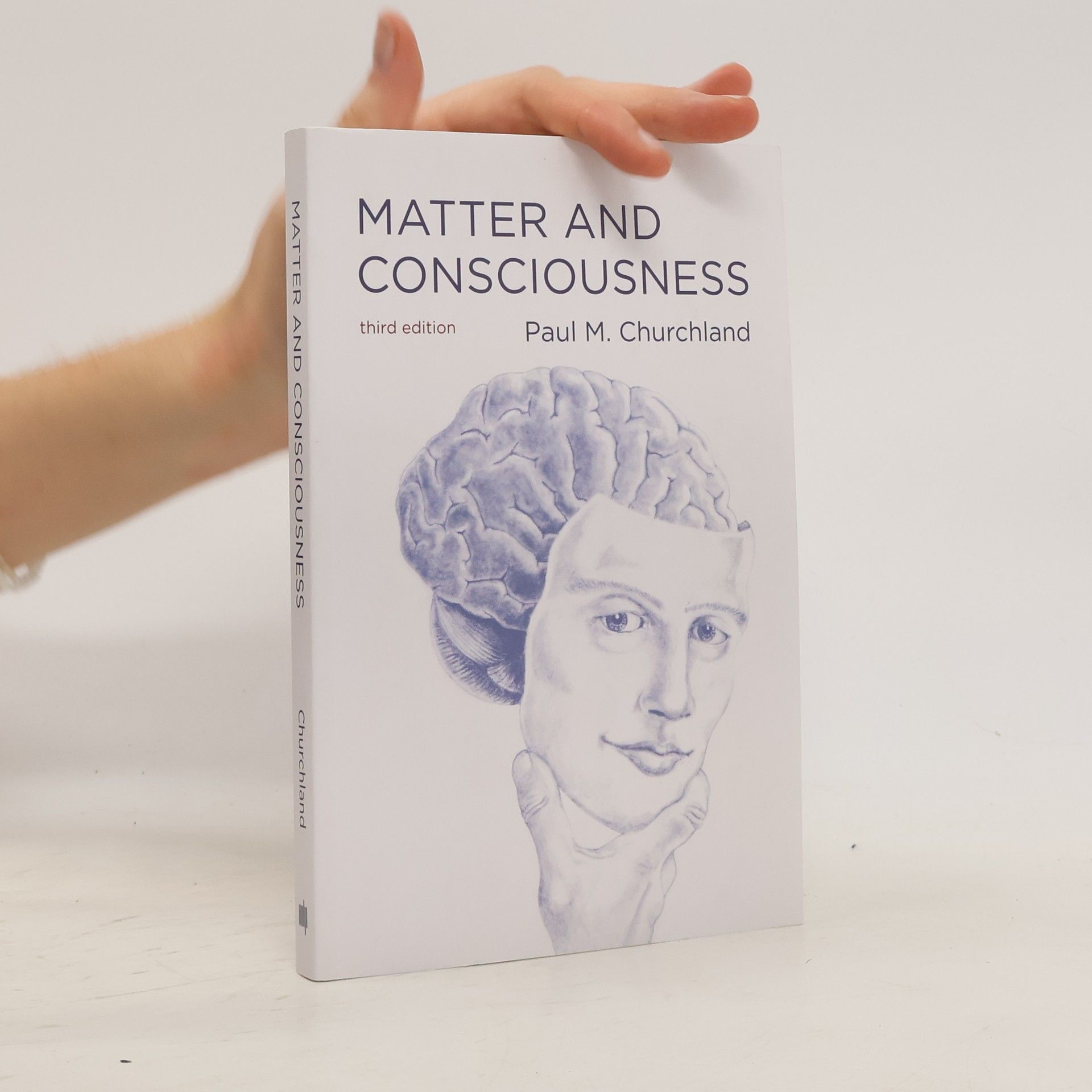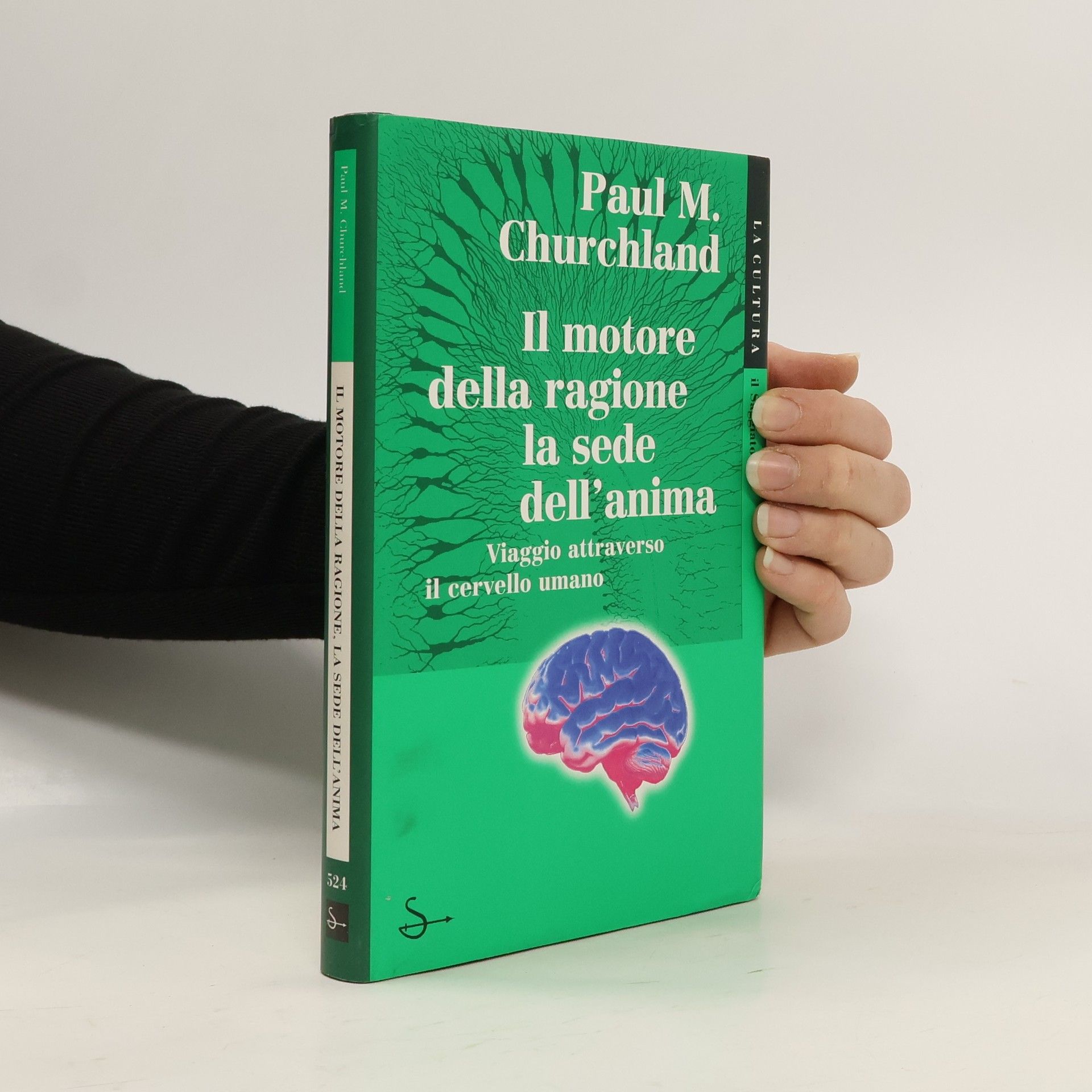Il motore della ragione, la sede dell'anima
- 349pagine
- 13 ore di lettura
Paul Churchland è un filosofo noto per il suo lavoro nella neurofilosofia e nella filosofia della mente. È un convinto sostenitore del materialismo eliminativo, una teoria secondo cui i concetti mentali quotidiani come credenze e sentimenti sono costrutti teorici privi di una definizione coerente. Churchland sostiene che la futura neuroscienza probabilmente abbandonerà tali termini, analogamente a come la scienza moderna ha superato concetti come fortuna o stregoneria. La sua ricerca mira a colmare il divario tra la comprensione scientifica del cervello e l'indagine filosofica sulla natura della mente.




In Matter and Consciousness, Paul Churchland presents a concise and contemporary overview of the philosophical issues surrounding the mind and explains the main theories and philosophical positions that have been proposed to solve them. Making the case for the relevance of theoretical and experimental results in neuroscience, cognitive science, and artificial intelligence for the philosophy of mind, Churchland reviews current developments in the cognitive sciences and offers a clear and accessible account of the connections to philosophy of mind. For this third edition, the text has been updated and revised throughout. The changes range from references to the iPhone's "Siri" to expanded discussions of the work of such contemporary philosophers as David Chalmers, John Searle, and Thomas Nagel. Churchland describes new research in evolution, genetics, and visual neuroscience, among other areas, arguing that the philosophical significance of these new findings lies in the support they tend to give to the reductive and eliminative versions of materialism. Matter and Consciousness, written by the most distinguished theorist and commentator in the field, offers an authoritative summary and sourcebook for issues in philosophy of mind. -- Provided by publisher.
This book represents the views of one of the greatest mathematicians of the twentieth century on the analogies between computing machines and the living human brain. John von Neumann concludes that the brain operates in part digitally, in part analogically, but uses a peculiar statistical language unlike that employed in the operation of man-made computers. This edition includes a new foreword by two eminent figures in the fields of philosophy, neuroscience, and consciousness.
Die Arbeitsweise des Gehirns und damit unser Denken wird von Wissesnchaftlern unterschiedlichster Disziplinen, von den Molekularbiologen bis zu den Informatikern, von den Psychologen bis zu den Medizinern, untersucht. Die Forschung ist vielfältig, fördert immer neue Erkenntnisse, aber auch weitere offene Fragen zutage. Churchland nähert sich der Hirnforschung als Philosoph, der mit fundierten neurowissenschaftlichen Kenntnissen aufwarten kann. Ihn interessieren brennende Themen wie: Gibt es ein Bewußtsein bei Tieren außerhalb der Primaten? Wie lohnenswert ist das Leben von Alzheimer-Patienten, bei denen das Gehirn zunehmend seine höheren Funktionen „vernachlässigt“? Welche Eigenschaften muß das Gehirn aufweisen, damit wir von Bewußtsein und Seele sprechen können, beziehungsweise wann hören diese Funktionen auf? Sind wir dazu in der Lage, Gehirnprozesse auf dem Computer zu simulieren? Churchland erklärt die Gundlagen der Arbeitsweise des Gehirns, versucht emotionsgeladene Diskussionen zu versachlichen, will aber auch provozieren. Sein Ziel ist es, Denkanstöße zu geben für politisch geprägte Themen in beispielsweise medizinischer Vorsorge, Erziehung, Moral und Psychiatrie. Wie verändert sich unser Selbstbild in der nahen Zukunft, und wohin werden uns die Fortschritte in der Hirnforschung im nächsten Jahrhundert führen?